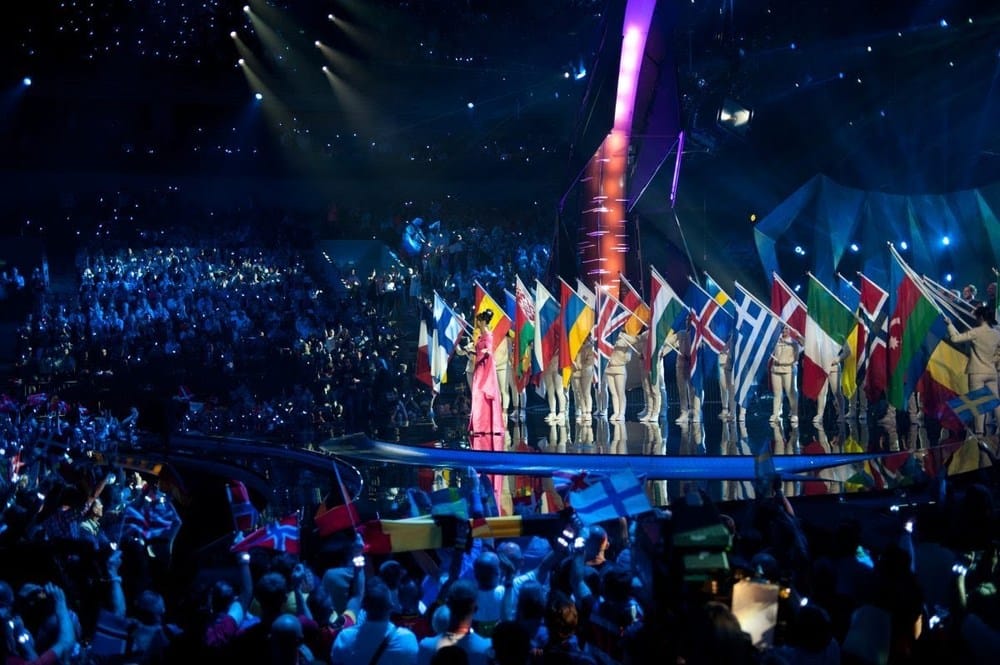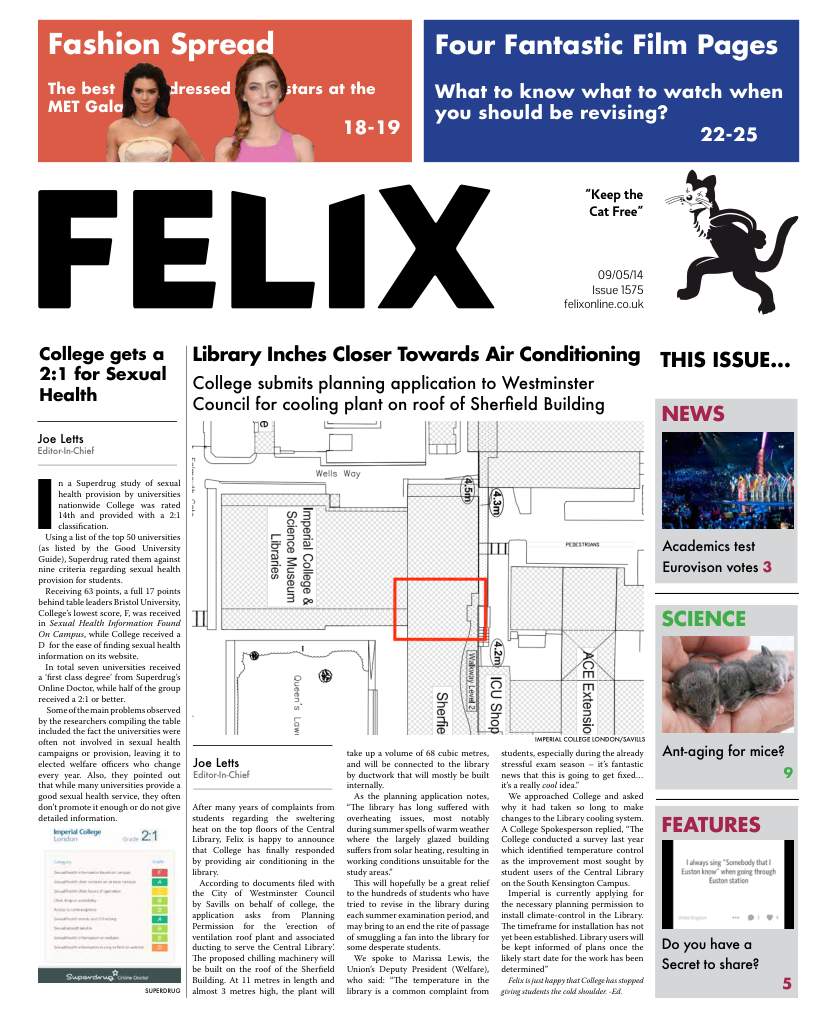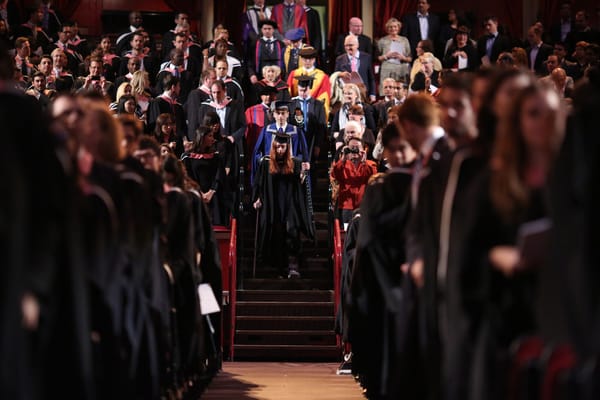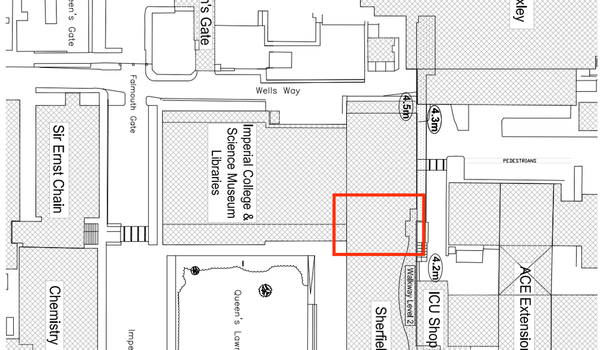Eurovision voting pattern reveals no prejudice against the UK
Statisticians at UCL and Imperial College London have found that contrary to popular belief UK entries to Eurovision have not been “systematically shunned” by the rest of Europe.

Statisticians at UCL and Imperial College London have found that contrary to popular belief UK entries to Eurovision have not been “systematically shunned” by the rest of Europe. Statistical analysis of voting patterns have shown that while there is more to winning than just musical talent, there is little evidence to back up Terry Wogan’s claim that the song contest has issues of bias and discrimination. The study, published in Journal of Applied Statistics, analysed how countries voted since Eurovision introduced televoting in 1998.
The results of the statistical analysis showed virtually zero negative bias. There was no evidence of prejudice or discrimination against anyone as the study demonstrated that countries didn’t systematically give low points to other countries.
Voting patterns may instead be motivated by positive loyalties based on culture, geography, history and migration. Dr Gianluca Baio, one of the lead authors of the paper, said: “Migration seems to be an interesting explanation for some of the patterns that we see in the data. For example, Turkey seems to be scored highly by German voters, possibly due to the large number of Turkish people who have migrated to Germany, and potentially televote from there. But our analysis found no convincing evidence of negative bias or discrimination against anyone – no country really has any enemies.”
“In our analysis we used what we call a ‘Bayesian hierarchical formulation’ to model the scores,” explained co-author Dr Marta Blangiardo. “We took into account factors like the language of the song and the gender of the singer both of which have known effects on the votes. This left behind an underlying trend for us to measure. This trend is based on cultural and geographical similarities, as well as migrations of people.”
Bayesian hierarchical formulations are a powerful statistical tool, which properly accounts for underlying correlations in the observed data. This model allows scientists to focus on repeated voting behaviour over the years, rather than one-off factors. However, while statistical methods can identify trends in the data, they cannot directly tell us about the underlying causes for people’s motivation to vote a certain way.
“The observed data can only suggest whether there is bias, and there can be many reasons for this,” Baio says. “To prove something stronger like ‘discrimination’ or ‘favouritism’, we would need more complex data, for example polling on people’s motivations for voting the way they do.”
Eurovision 2014 is being held in Copenhagen, with the final taking place on Saturday 10 May.
The UK entry, “Children of the Universe” sung by Molly Smitten-Downes was written especially for this years competition, the 59th Eurovision Song Contest.
Dr. Marta Blangiardo is a lecture in Biostatics in the Deptartment of Epidmiology and Biostatics.








